Think about driving around while trying to find a specific location without Voice Search. Getting your phone, manually unlocking it, and searching for the place would be difficult and dangerous. Voice search optimization (VSO) is one of the fastest-growing trends on the market right now. Google reports that 27% of the online global population uses voice search on mobile.
Speech technology has moved into a new era thanks to digital voice assistants. What initially seemed like a dream from a science fiction movie is now making our everyday lives easier. As the use of voice search grows more popular, ensure that your business website is optimized for voice search. In this blog, we’ll help you understand VSO’s basics while giving tips on why businesses should invest in it.
What is Voice Search Optimization?
Voice search optimization refers to enhancing and simplifying website content to make it available using voice searches. The goal of voice search optimization is to provide website visitors or readers (who use voice search) with as much relevant information as possible. This optimization tactic is used to make it possible for voice search devices to read the content of your webpages easily, which would then be read aloud to the end-user by the said device. You can learn more about SEO voice search tools in the following sections.
Google Assistant

The voice-activated digital assistant developed by Google is called Google Assistant. When it was first released, Google Assistant was an addition to Google Now. It was made customizable and improved on the “OK Google” voice commands that the company was already using.
But how helpful is Google Assistant to your business?
If you plan to sell digital products, it would be wise to consider voice search optimization as part of your strategy. With the help of Google Assistant, businesses can give their customers “digital goods,” such as software updates and subscriptions. A simple voice comment enables a user to avail of premium add-ons without navigating through the Google Playstore by hand. Whether your product is a utility app or a gaming app, this feature can be beneficial in increasing your download count.
Check out Headspace selling a premium subscription to their customers through Google Assistant:

Siri

Since it came out in 2011, Siri has always been one of the best voice search assistants. Its popularity came from its easy-to-use interface and high-level accuracy in recognizing voices. More importantly, Siri’s automation design lets you offer hassle-free services to your target customers, making their purchases more efficient.
Are you particular with SEO? You should be because Siri can now search through reviews, too! With this feature, you can optimize your selling by asking customers for comments or reviews. Let clients know where you are and ask them to drop a review on sites where your product or service is present.
When people use common search terms like “best” or “number one,” reviews become a priority. If your website has a lot of good reviews, not only would it be more likely to rank higher on Siri’s search results, but it would also give your business more credibility.
Microsoft Cortana
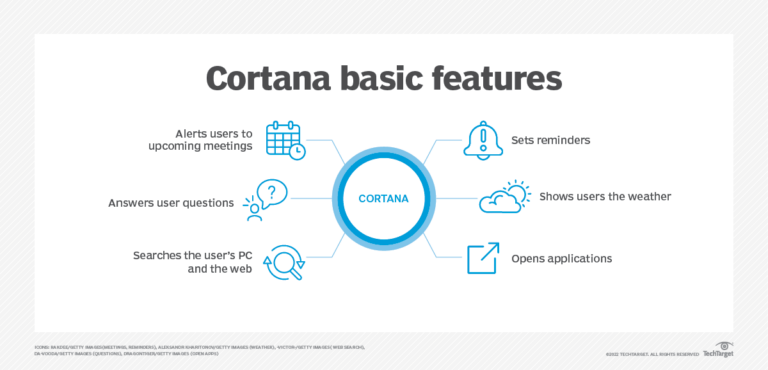
Like Apple’s Siri, Cortana can understand natural language commands and help users with several day-to-day tasks, including translating units of measurement and currencies, setting up calendar events, solving complex arithmetic problems, and sending reminders. Users can also control and limit the information Cortana may access for enhanced security.
Apart from this impressively advanced technology, Cortana is also relevant to business regardless of industry. See, Cortana is a default Windows voice assistant. Having your business compatible with this voice search program helps you tap the Windows user’s market. But how many are they exactly? In January 2022, Microsoft announced having 1.4 billion active devices running on Windows 10 and 11 monthly. If this isn’t an overwhelming potential market, we don’t know what is.
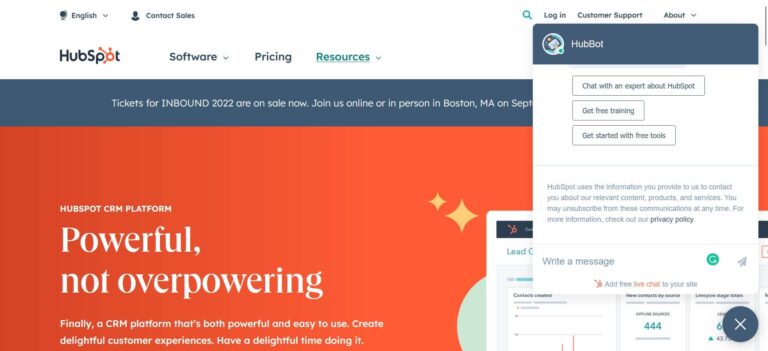
HubSpot, a CRM platform, uses a chatbot to connect an agent with a user.
Retargeting users who previously visited the website
Another great example of trigger action is when a user revisits a website. When a chatbot detects this activity, websites usually offer the most suitable content based on the user’s previous objective or intent in visiting the website. This increases the chances of converting the user into a lead.
Mapping keywords indicated by users to respond based on information stored in a knowledge base
Sometimes you’re looking for a specific answer but you just don’t have time to have a long chat with an agent. The good news is that chatbots are capable of creating context out of the keywords you just typed in to provide answers based on your message. Intuitive!
Why Businesses Should Invest in VSO

You might be thinking, what’s so special about this feature, and why is voice search optimization a vital business marketing tactic? Is it worth it? Well, we can tell you this early: yes, it is! Below are five reasons why investing in voice search optimization is crucial for your business’s success.
1. It expands your customer reach
Every month, smartphones and other voice search devices handle more than a billion searches. You could lose leads and customers if your website isn’t set up. You need to optimize your voice search rankings to unlock the full potential of your online presence.
2. It's projected to continue growing
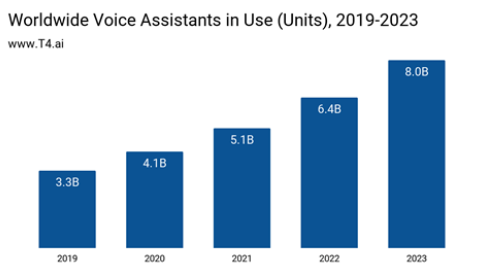
Voice search is expected to become more beneficial and attract more people in the next few years. Voice search technology that is better at understanding what users want to find and where they want to see it will lead to more people using devices like Google Home and Amazon Alexa. Businesses that use voice and image search are more likely to be successful as they grow their digital commerce operations. More importantly, the voice search trend is expected to keep growing, which means being one of the first few to optimize your website can give you leverage over your competitors soon.
3. It saves time

Voice search allows your audience to find information quickly and easily. It makes life and searching for information easier for everyone in the modern world. Most people are always busy or on the go. Hence, they often multitask to save time. Instead of constantly holding their phones, users can ask Google a question and wait for answers hands-free while focusing on more critical tasks.

4. It generates more leads and traffic for your business
Unsurprisingly, voice search does increase the number of people who visit your website. When someone does a voice search, the device will likely provide the link to your website if your web pages are voice-search optimized. Aside from this insight, you consequently tap a larger market since your website is accessible to more channels and platforms that utilize the voice search feature.
5. It improves your website's Search Engine Optimization (SEO)

For Google Assistant, Google‘s algorithm tends to rank voice-search optimized websites higher on Search Engine Result Pages (SERPs). Cortana, however, bases its web search results on Bing and Bing Knowledge Graph. Users typically click on highlighted snippets (as seen in the image above) since they‘re usually placed at the top of SERPs for quick and brief answers. Thus, voice search optimization brings your website higher on the food chain, which increases the number of people who visit your website.
6. It increases customer satisfaction
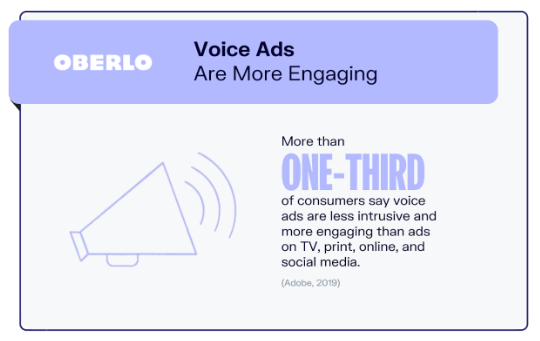
Imagine the help you can provide to people with impairments through this innovation. Since voice search technology enables a hands-free interaction with your devices, everyone can surely enjoy the convenience of browsing the web. Who wouldn‘t be happy with that?
Optimizing for Voice Search
Now that you know the benefits of investing in voice search optimization, you should consider it as you optimize your website. Here are four things to keep in mind as you design your website for voice search compatibility:
Focus on long-tail keyword phrase optimization
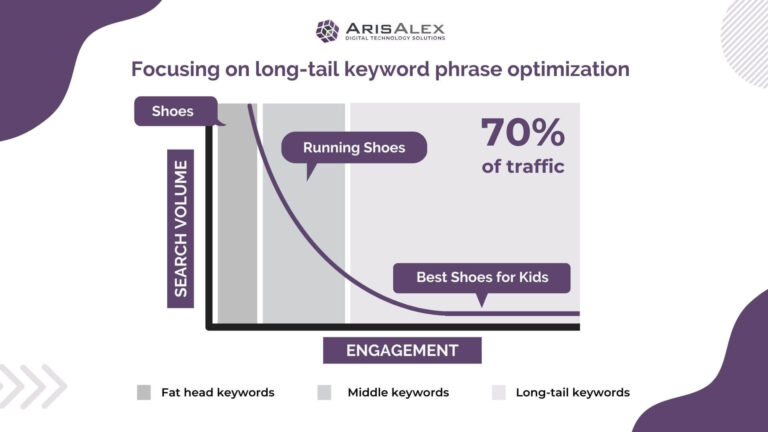
Like conventional SEO, voice search optimization relies on keywords to produce results. The best approach to optimizing your website content is long-tail keywords (relevant search terms to the main keyword, three words or more in length) combined with local SEO. People usually search online using specific descriptions that meet their requirements. For instance, when looking for cars that fit your style, you don‘t just type in or say “cars“ on your search engine. Instead, you input detailed descriptive key terms that narrow the search, such as “Top car models for urban driving in 2o22.“ Therefore, you should focus on building long-tail keywords and phrases as you create content for your website.
Pay attention to content that answers Frequently Asked Questions (FAQs)

When customers use voice search to find information, you want to ensure that you give them data relevant to the inquiry they are trying to answer. You might be able to help more people find your content and information easier if you make a page purposely designed for FAQs.
Test your voice search optimization tool if it's working or not

So you’ve made changes to your website’s voice search, but now you must ensure those changes are compatible and still working. Using a device that can do voice search is the easiest way to find out if the optimization you’ve made is successful or not. Nowadays, Google’s voice search system can help you determine how a company handles question-and-answer sessions.
Recommended Tools for VSO
Asking a question out loud gives you less time to think about how to phrase it than typing it. People express their inquiries to search engines as conversing with an actual human being. The following is a rundown of some highly recommended tools relevant to VSO. This helps magnify the success of your voice search optimization. Take your time learning each tool and determine which best meets your needs.
Google Correlate

Google is by far the most reliable place to get information today. This tool shows you the phrases people often look for when searching for other keywords. You may notice that as you type on the search bar, Google predicts and suggests your next words based on the number of people who also search for the same thing. These words or phrases are called semantics. You will not only learn to understand the content you provide better but also discover the various kinds of questions used in the search process.
Answer the Public

With Answer the Public, you can get a complete list of predicted keywords that can be used as a framework for any question, whether they are asked as a question or as a phrase made up of natural language. It’s also fun to come up with fresh ideas for your next compelling content.
Keyworddit
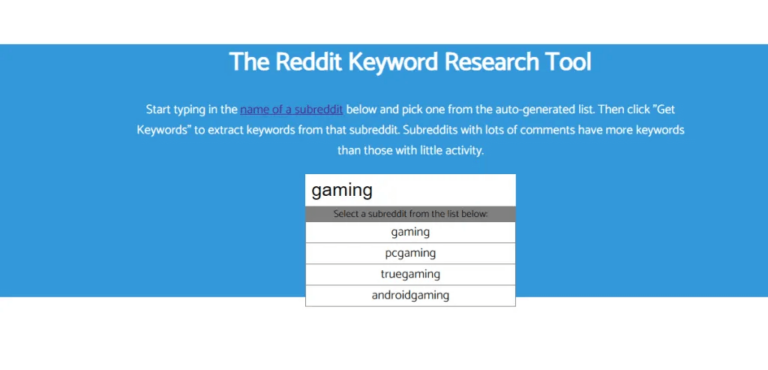
With Answer the Public, you can get a complete list of predicted keywords that can be used as a framework for any question, whether they are asked as a question or as a phrase made up of natural language. It’s also fun to come up with fresh ideas for your next compelling content.
Google Keyword Planner

Not only will you have access to a tool that works with Google Adwords, which is necessary for this to work, but you will also have access to keyword information that comes straight from Google search results. Google can be a convenient tool for researching keywords now that the company has made voice search a part of its platform.
Wordstream

Wordstream’s Keyword Niche Finder serves a similar purpose as the rest of the items on this list, although its initial role was designed for sponsored research. This lets you get words that other generators wouldn’t usually give you—terms used by the people you want to reach.
Schema Markup

Schema Markup, often known as structured data, is the language of search engines. Unlike regular conversations, it uses its specialized semantic vocabulary. Schema is a kind of code that helps search engines understand your work. This means that the rich snippets shown below the page title may now provide visitors with more accurate and complete information.
When schema is used in search results, the user gets more information. The user may quickly scan your website’s content to determine whether to click the link or proceed to another page with more relevant information.
Perfecto.io
Perfecto.io is a cloud-based tool for testing web and mobile apps. It was made to help businesses in various industries, such as insurance, banking, retail, finance, media and entertainment, information technology, and more.
Perfecto.io helps you transform your business and improve every digital experience by using a testing environment in the cloud. It practices a method that puts quality first when making web and native apps. It lets users operate different browser versions and devices based on their needs to automate tasks related to complex test scenarios.
Key takeaway: Voice Search Optimization is An Important Business Add-on

Voice search is one of the newest technologies that could change how businesses work in the age of the digital revolution. More importantly, voice search is the future of marketing and search engine optimization.
Natural language processing is changing customers’ lives and how they interact with businesses and make purchases. This change can be seen in everything from new voice-activated devices to content marketing made for voice search. To keep up with how quickly consumer behavior changes, businesses need to put themselves in their customers’ shoes and figure out how to use voice search as a primary customer-centric weapon.
Companies that can respond most quickly are the ones that have a better chance of initiating direct conversations with customers inside their homes. In a B2C market landscape that is getting more competitive, this is a big plus. Start investing in voice search optimization and see what they have in store for your business!





